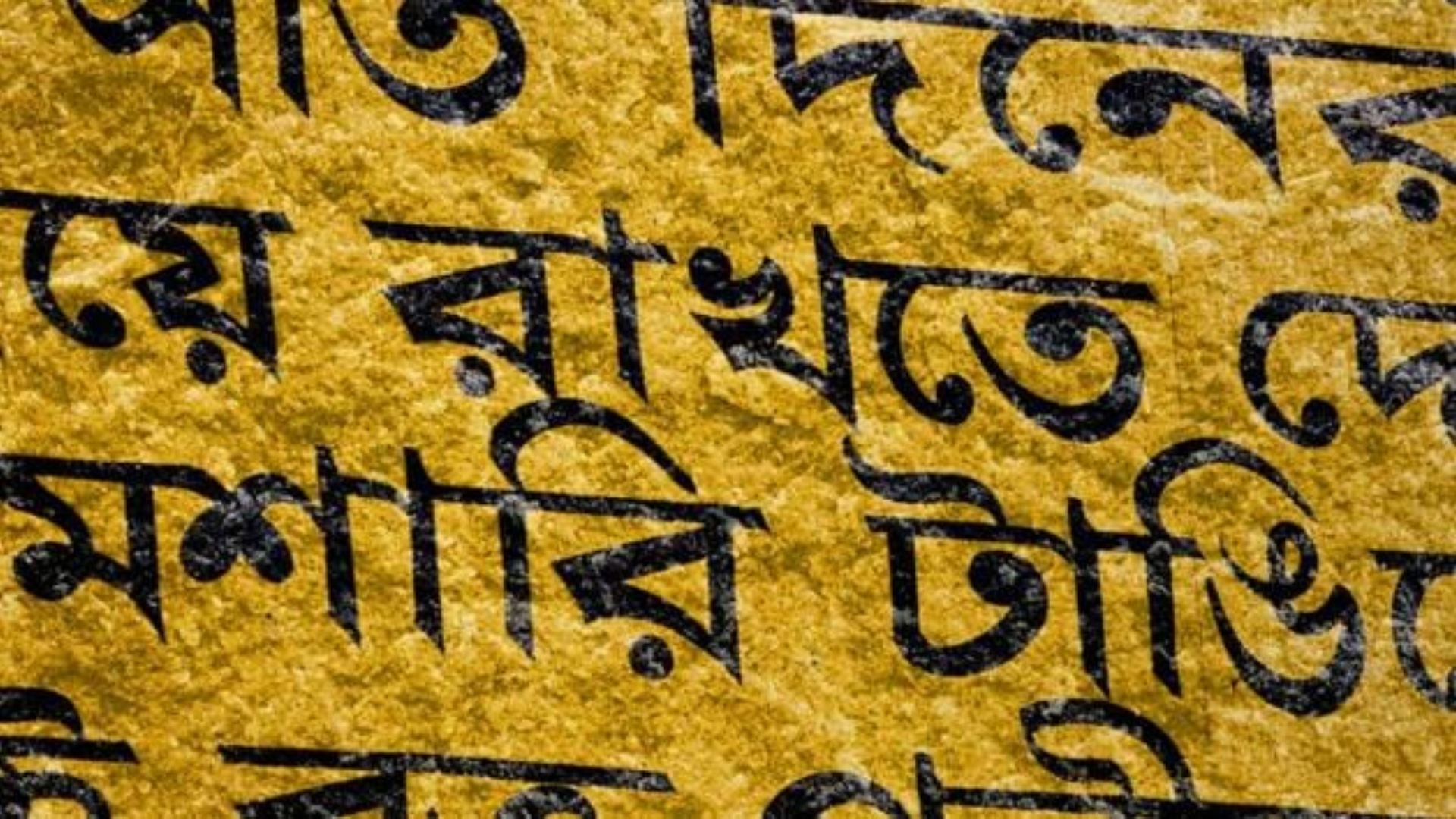A viral video from West Bengal has sparked controversy on the language of India on social media. The video is recorded in the Kolkata Metro Station, where two women are having a heated conversation on language. In the video, a Hindi-speaking woman was aggressively demanding another woman speak in Hindi. She jibes at the Bengali woman calling her a ‘Bangladesh’.
WATCH the video:
Again a Hindian attack on a Bengali. This Hindian lady racially abusing her as ‘Bangladeshi’. The same propaganda that living in India you have to speak in Hindi or get branded as ‘anti-national’. It’s time one should make a law against Hindi imposition in non-Hindi states. pic.twitter.com/MCCUekuOfP
— Bengali Nationalist (@MoinakBanerjee5) November 19, 2024
“You’re in India, not Bangladesh”
The video, originally shared by user @MoinakBanerjee5 on X (formerly Twitter), has amassed over 85,000 views. It shows the Hindi-speaking woman insisting that her counterpart switch to Hindi, asserting, “You’re in India, not Bangladesh,” and questioning why she could speak Bengali but not Hindi.
The situation escalated when the Bengali woman, supported by another passenger, pushed back against the demands, leading to a heated exchange. Tensions rose further when the Hindi-speaking woman referred to her counterpart as a “Bangladeshi,” an insult that added fuel to the controversy.
Mixed Reactions
The incident has drawn polarised reactions online. Some sided with the Hindi-speaking woman, arguing that Hindi should be used as a common language in public spaces across India. Others criticised her stance as disrespectful, pointing out that regional languages like Bengali hold cultural significance and deserve equal respect.
Social media users called for linguistic inclusivity, with many emphasizing the importance of allowing individuals the freedom to use their mother tongue without facing hostility. “Respect for diversity is what makes India unique,” one commenter noted.
Broader Implications
This incident is not an isolated case. Similar disputes have surfaced in other parts of the country. Recently, in Karnataka, controversies arose over individuals speaking languages other than Kannada, prompting a similar debate on linguistic pride versus national unity.
The Need for Dialogue
As India continues to grapple with its linguistic diversity, incidents like this highlight the need for constructive dialogue about respecting regional languages while maintaining a shared national identity. At its heart, the issue reflects the challenges of navigating a multicultural society and underscores the importance of tolerance and mutual respect in bridging cultural divides.
Amid such ignited controversies, the question arises, “Is it a necessity for Indian citizens to know Hindi?”

















